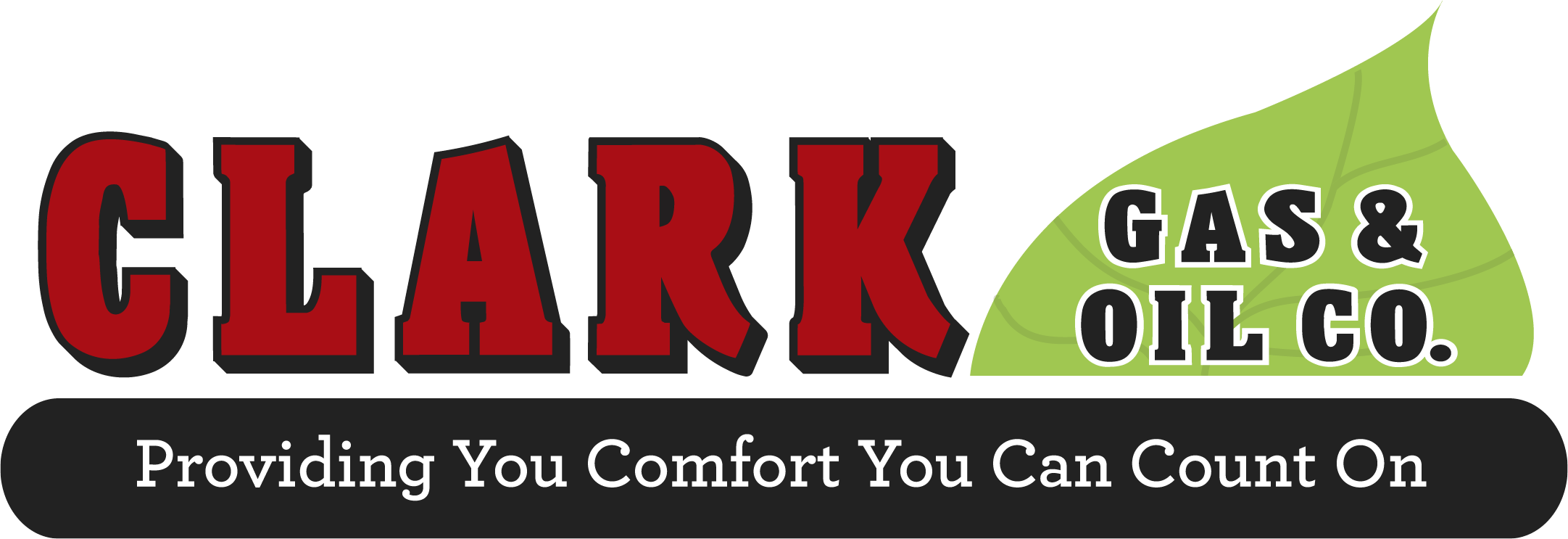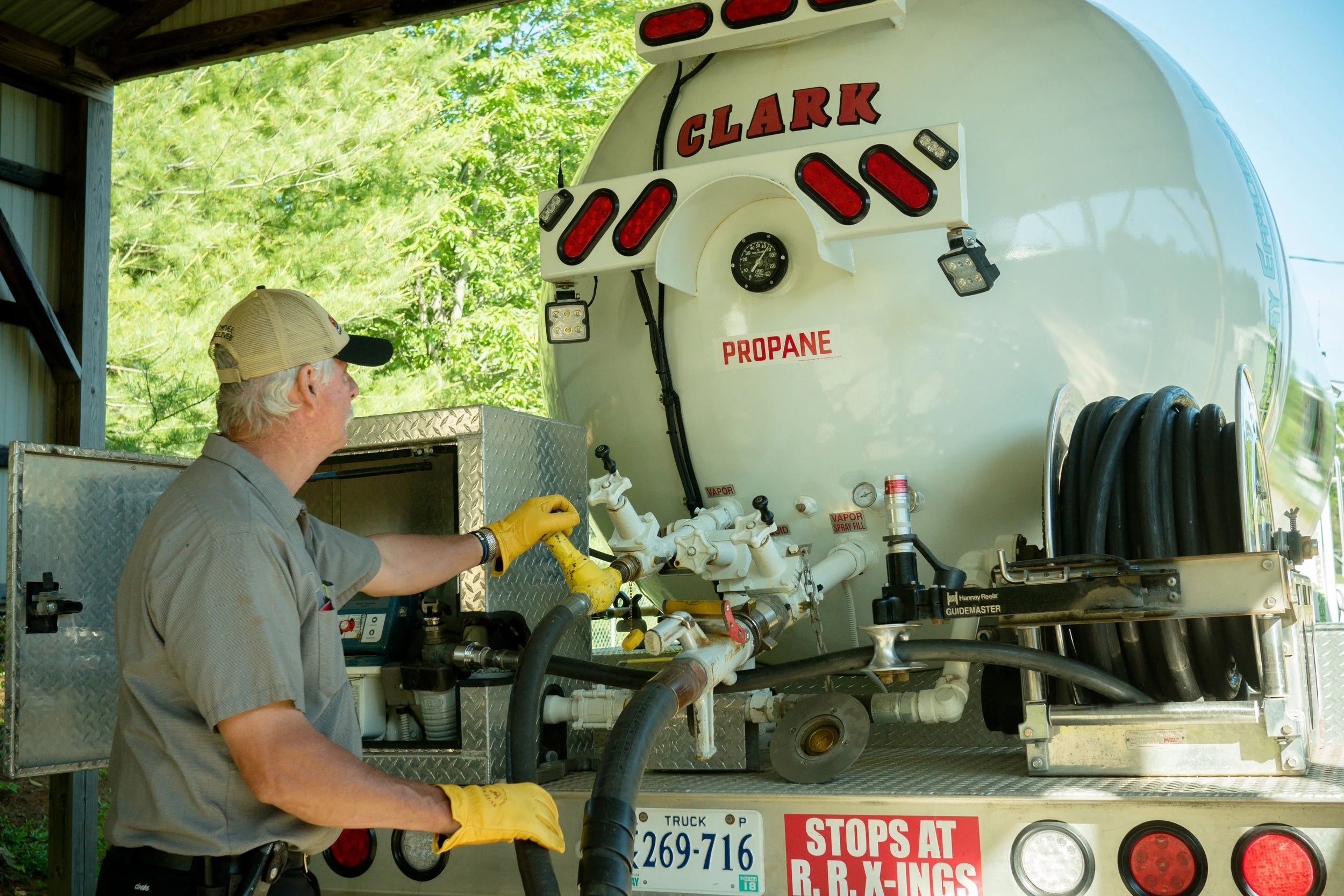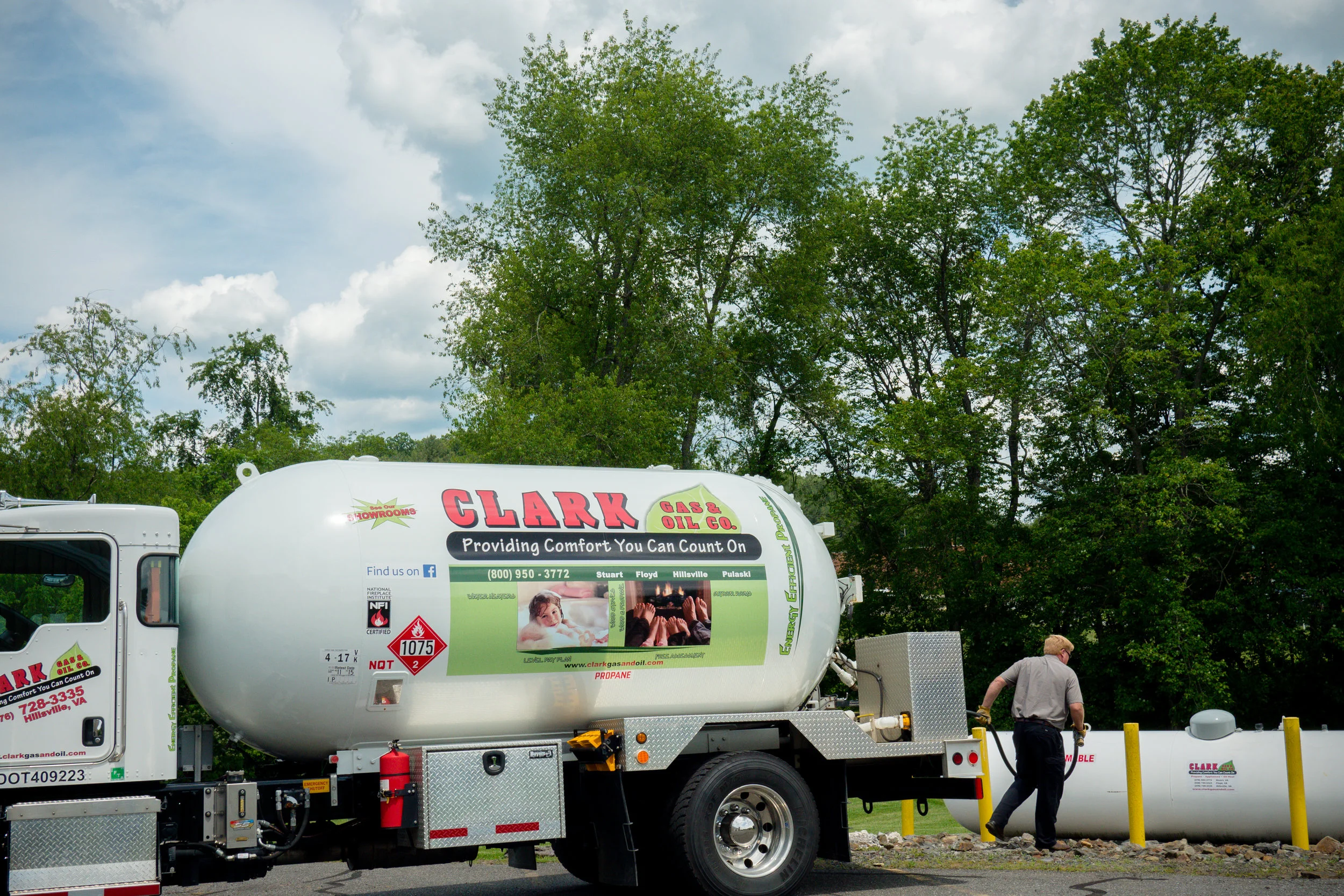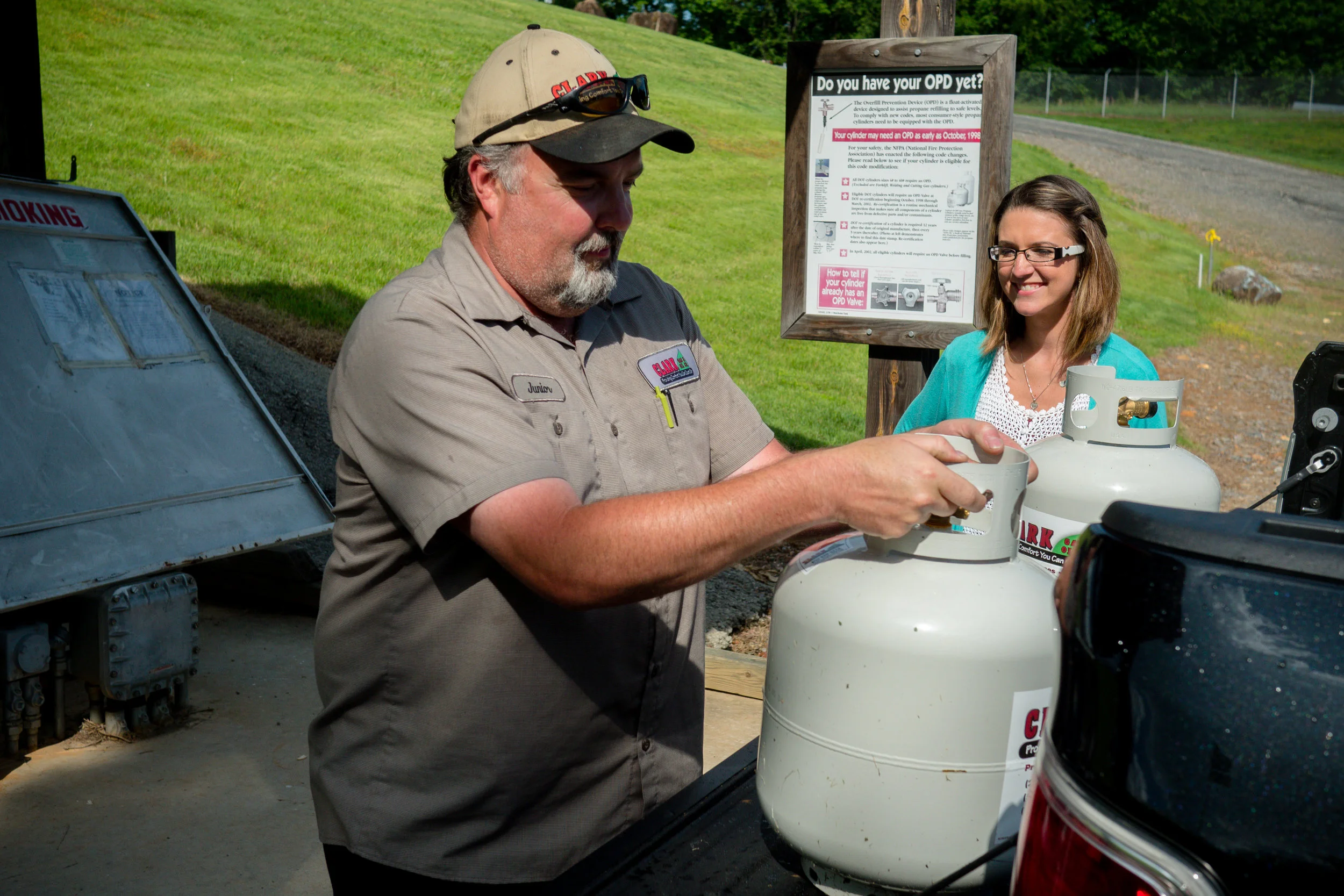Grilling Do’s & Don’ts provided by the National Propane Gas Association/Propane Education & Research Council
Read MorePropane is naturally colorless and odorless. Manufacturers purposefully added a chemical to propane to give it a very strong pungent odor. This helps alerts customers to propane leaks, which can create a safety hazard. Propane typically smells like rotten eggs or skunk's spray or a dead animal.
Read MoreThe majority of propane appliances have pilot lights which is a small, constantly burning flame. Pilot lights ignite the main burner. Appliances without pilot lights are often electronic.
Read MoreA by-product of natural gas processing and petroleum refining, it is commonly used as a fuel.
Read MoreYour safety and satisfaction is our number one concern. Here are some quick tips for propane and oil heat to keep you warm and safe.
Read MoreThere are a number of things that American families can do to improve their fuel efficiency and help them save money. Taken together, these efficiencies can equal up to a dollar of savings per gallon.
Read MoreHere are ten practical tips you can use to help conserve energy and lower monthly energy costs.
Read MoreLocated in downtown Stuart, VA, Clark Gas & Oil, Inc. had its early beginnings in 1928 from a partnership of three brothers, E. Lyle Clark, J. Myron Clark, and W. Blair Clark, Sr. They were commission agents for Standard Oil Company of New Jersey and sold the Esso brand of petroleum products.
Read More




